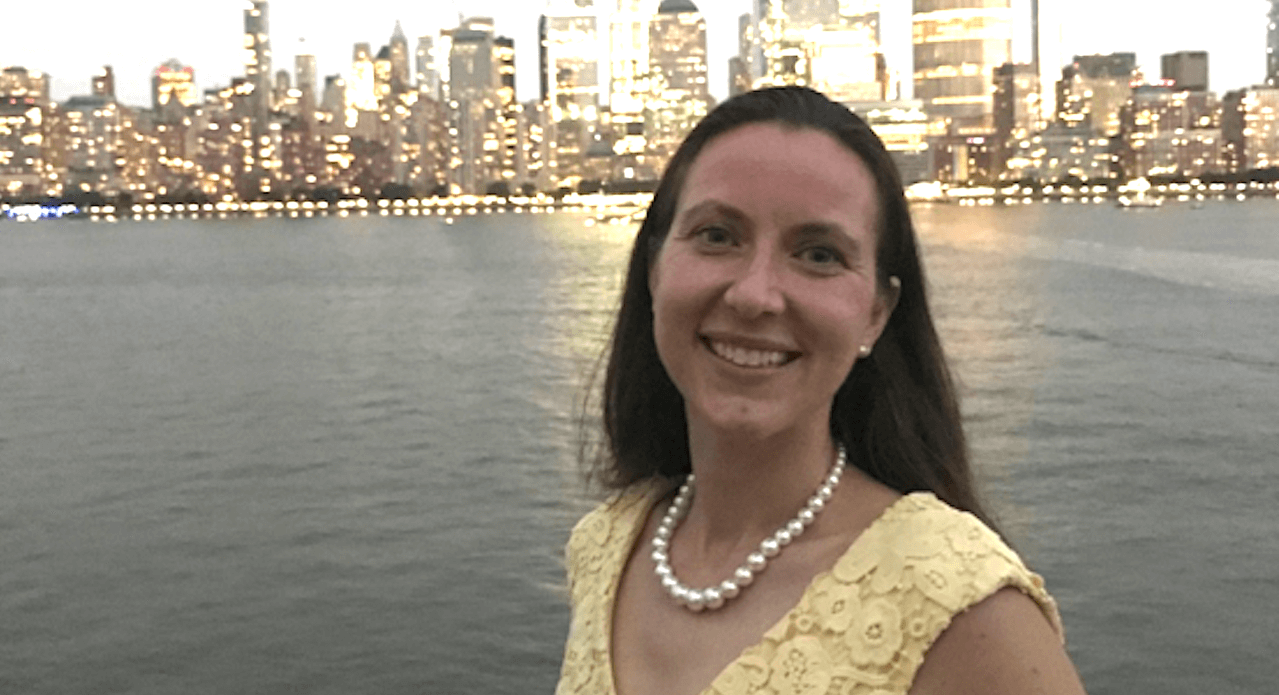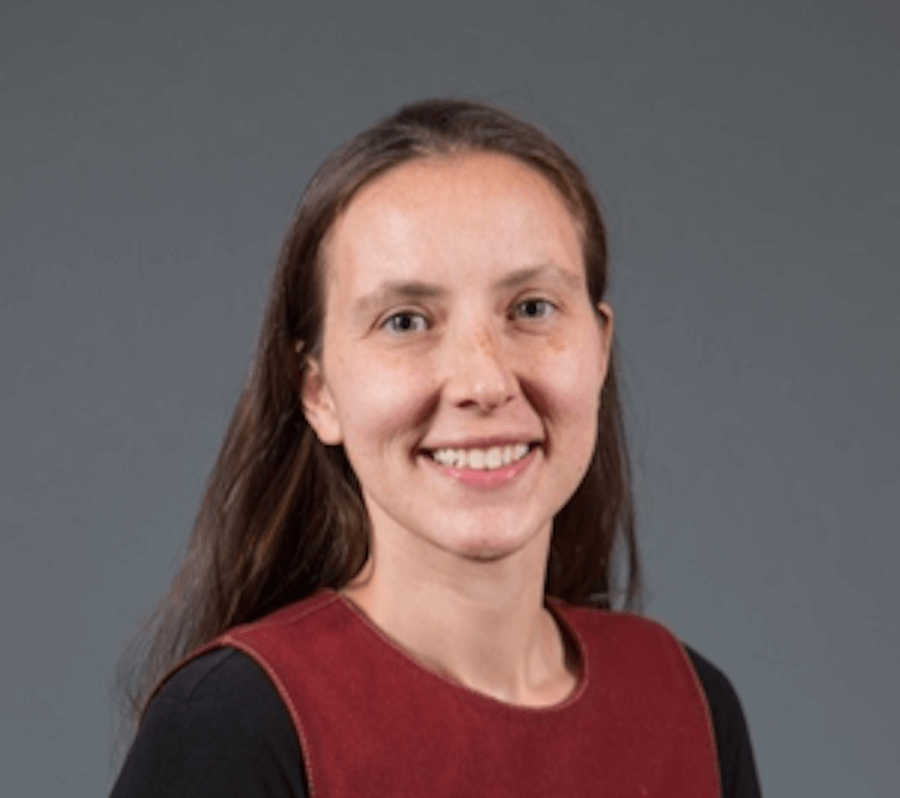Next-Gen Scientific Changemakers: An Infectious Disease Specialist on a Mission to Develop Vaccines

Soldiers, firefighters and police officers likely come to mind when you think of professions that require a good amount of courage.
But Iona Munjal, a physician and pediatric infectious disease specialist who helps design and oversee vaccine clinical trials for Pfizer, argues scientists should be counted among this group, too. “You have to be brave in research,” she says. “When you’re out there pushing the envelope, you have to expect to fail more times than you succeed — that’s an essential part of science.”
Munjal, a Director at Pfizer’s Pearl River, N.Y. research site, recently got a lesson in the importance of resilience in science. Since joining Pfizer almost three years ago, she helped work on the Staphylococcus aureus vaccine program and a corresponding clinical study in patients undergoing surgery. S. aureus is a common bacterium that lives on the skin, but can become dangerous if it enters through a cut in the skin or during surgery. This past December, the study was halted based on the recommendation from an outside data monitoring group that it would not reach its efficacy endpoints. While she was naturally disappointed to see the trial end, she’s proud of the science behind the product and their clinical trial design. “We succeeded in safely and effectively executing the trial to push the science forward. These learnings will inform our future vaccine work,” she says.
Vaccine development is among the most challenging work in drug discovery and development. Unlike most other areas of drug development where scientists can study whether a sick person’s health improves, clinical studies of vaccines evaluate whether a vaccine candidate will spark an immune response in the body. “The body is a complex and powerful tool that can be harnessed to fight infections,” says Munjal. In order to demonstrate that a vaccine is safe and effective, scientists need to be very meticulous in their clinical trial design.
Back to her roots
Now that Munjal has transitioned to work on Pfizer’s Maternal Immunization program for respiratory syncytial virus (RSV), she’s looking forward to working in a groundbreaking area of critical need — vaccinating mothers with the goal of protecting their newborns from an RSV infection, an illness that claims the lives of nearly 118,00 children annually. “Working previously in hospitals, I can tell countless stories of children impacted by RSV,” she says. “The most amazing thing about vaccines is the impact that they can have on people’s lives.”
From the outset of her career, Munjal has had an interest in maternal-child health and the impact of infectious diseases on vulnerable populations, especially those in low- and middle- income countries. Her earliest research examined pregnant women with malaria. She later studied maternal infant HIV-transmission in medical school in Newark, New Jersey, where one of the earliest cases was recorded. After medical school, she juggled her interest in clinical research and clinical care, working as a hospital epidemiologist at Montefiore Medical Center in the Bronx. “I was there helping to manage the hospital’s local response to emerging infectious diseases like Ebola, Zika, and other potential outbreaks,” says Munjal. “It was fantastic training.”
Forays into vaccine research
But ultimately, Munjal’s passion for research led her to Pfizer to work in strategy and design of vaccine clinical trials. Among the most interesting aspects of her job, she says, is the creative thinking required to execute a clinical trial. “We try to think of every aspect of a study during the planning process, including how we’re going to approach physicians, how we’re going to reach potential participants, and how and when we’re going to capture data and record it correctly,” says Munjal. “The trials we are planning for the study of maternal vaccines will be among the first studies conducted with the goal of developing a vaccine designed specifically for pregnant women and their babies.”
One learning that she’s carried over from the S. aureus clinical study, which worked with surgeons and orthopedists, is that it’s possible to engage physicians who don’t, as part of their usual practice, commonly administer vaccines. “It taught us that you can’t dismiss people’s capacity to do something that may be out of the ordinary,” she says.
And as the RSV vaccine program continues to progress, she’s looking forward to the possibility of forging ahead into uncharted territory. “What I think is great about the RSV vaccine is that it continues this concept of tackling the unprecedented — vaccinating moms to protect their babies,” she says. “What I love is that we as scientists are not afraid to go after that,” she adds.
